How is a Tire Installed?
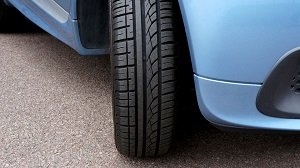
- Inspecting the lugs or wheel bolts
- Installing new rubber valve stems where applicable
- Mounting the tires
- Balancing the new tires on your wheels
- Tightening the wheel lugs to the manufacturer recommended torque
- Servicing TPMS systems
The Steps to Install a New Set ...[more]
Conventional vs. Synthetic Motor Oil

What Are the Advantages of Synthetic Oil Over Conventional Oil?
Why Is Tire Pressure Important?
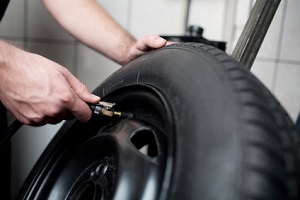
- The pressure of your tires must be in accordance with the PSI recommended by the tire manufacturer.
- Tire pressure should be checked in the morning before you drive your car in order to get an accurate reading.
- Temperature affects tire pressure; when it is ...[more]
Tips for Winterizing Your Vehicle
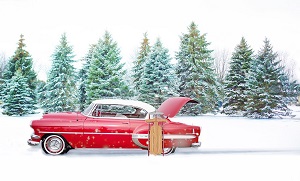
Here are some car care tips to give you peace of mind during winter driving:
- Cold weather slows down your battery power. During the cold weather, your engine requires more current from the battery in order to start the engine. Have a mechanic check your battery ...[more]
Do You Need Winter Tires?
Do You Need Winter Tires?
Are you curious about the difference between different types of tires? When it comes to winter tires and regular tires, the main difference between the two is tread depth. On winter tires the tread depth starts at between 8 and 9 mm as opposed to 7 and 8 mm on a regular tire. Winter tires have a wider and deeper groove within the tire tread which forms a larger channel for snow and water to travel through and maintains a grip on the road.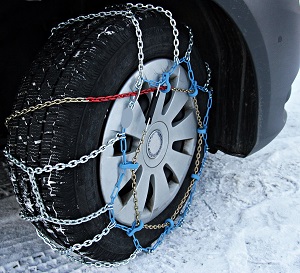
One of the most important features of winter tires is the fact they are made with a larger percentage of natural rubber and silica in the compound. This doesn’t harden as much as synthetic rubber in cold weather which improves the tire grip.
What are the benefits of winter tires?
Winter tires ...[more]
Halloween Driving Safety Tips
Drivers:
How Temperature Affects Tires
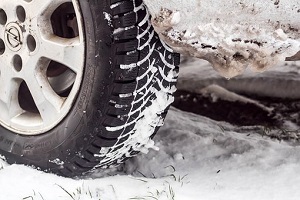
Car Smells and What They Mean

What’s That Smell?
What to Know About Recycling and Reusing Tires
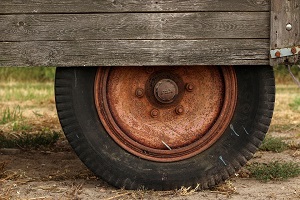
Why Should You Recycle Your Tires?
Used Car Pre-Purchase Checklist

Follow these quick guidelines the next time you’re out buying a used car:
Step 1 - Do Your Research!
| 123 | Next >> |



